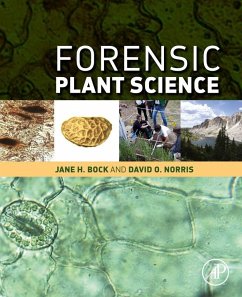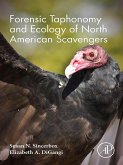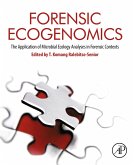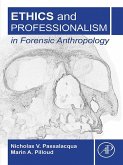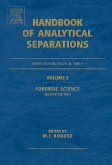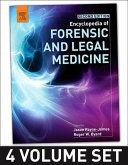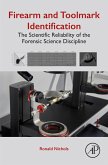Forensic botany is the application of plant science to the resolution of legal questions. A plant's anatomy and its ecological requirements are in some cases species specific and require taxonomic verification; correct interpretation of botanical evidence can give vital information about a crime scene or a suspect or victim. The use of botanical evidence in legal investigations in North America is relatively recent. The first botanical testimony to be heard in a North American court concerned the kidnapping and murder of Charles Lindbergh's baby boy and the conviction of Bruno Hauptmann in 1935. Today, forensic botany encompasses numerous subdisciplines of plant science, such as plant anatomy, taxonomy, ecology, palynology, and diatomology, and interfaces with other disciplines, e.g., molecular biology, limnology and oceanography.
Forensic Plant Science presents chapters on plant science evidence, plant anatomy, plant taxonomic evidence, plant ecology, case studies for all of the above, as well as the educational pathways for the future of forensic plant science.
Forensic Plant Science presents chapters on plant science evidence, plant anatomy, plant taxonomic evidence, plant ecology, case studies for all of the above, as well as the educational pathways for the future of forensic plant science.
- Provides techniques, collection methods, and analysis of digested plant materials
- Shows how to identify plants of use for crime scene and associated evidence in criminal cases
- The book's companion website: http://booksite.elsevier.com/9780128014752, will host a microscopic atlas of common food plants.
Dieser Download kann aus rechtlichen Gründen nur mit Rechnungsadresse in A, B, BG, CY, CZ, D, DK, EW, E, FIN, F, GR, HR, H, IRL, I, LT, L, LR, M, NL, PL, P, R, S, SLO, SK ausgeliefert werden.

